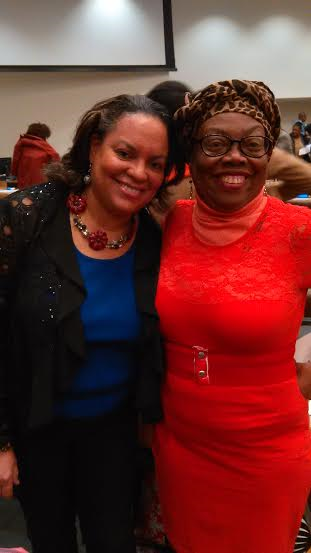BOX HAND PARDNER SUSU SOUSOU
Murphy Browne © Monday, October 29-2018
An African custom that is still practiced by many
Africans in the Diaspora is an informal banking system that has its roots in
West Africa. This system although familiar is known by various names in the
countries where it is practiced. In Jamaica this system is known as “pardner;”
in Guyana, “box hand;” in Barbados, “meeting;” in Haiti, “min;” in Suriname,
“kasmoni;” in Trinidad and Tobago “sou-sou.” This method was ingrained in the
African Guyanese psyche from since the long ago and far away days after slavery
was abolished (August 1-1834) and the "apprentice system" ended
(August 1-1838) and they saved their money to purchase abandoned plantations to
establish villages (November 1839-1852) along the Guyana coastland. I know of
many Guyanese who used this method to fund their children's education, paid
their fare to Canada, England, the USA etc., Over the years living in Toronto I
have chatted with others in the Diaspora and learned the various names used for
the same system. Over the years living in Toronto I have chatted with other
Africans in the Diaspora and learned the various names used for the same
system. I recently spoke with an elderly relative who told me that she bought
her house by "throwing box" many decades ago. Although she was a nurse/midwife
and her husband was a policeman, "throwing box" rather than seeking a
loan from a bank was the route she decided to use. I became a member of this
system as a teenager in Guyana but never bought anything as substantial as a
house.
The name sou-sou comes from the Yoruba term “esusu”
and originated in Nigeria, West Africa from where the ancestors of many in the
Diaspora were taken. The Yoruba esusu was transported to wherever the Africans
were enslaved in the Caribbean, Central America, North America and South
America. Susu is also part of the Akan culture of Ghana, West Africa; another
area from where many of our ancestors were taken and scattered. Although the
susu system is now not well known to African-Americans, it remains popular
among many African Caribbean, African Latino and African immigrant communities
from Central and South America. Some use the susu to start businesses, others
for substantial purchases, vacations, down payments on properties and cars and
even to pay for the education of their children.
A sou-sou (also spelled su-su or susu) is an informal
rotating savings club, where a group of people get together and contribute an
equal amount of money into a weekly, bi-weekly or monthly fund. The total pool
when collected, sometimes known as a hand, is then paid to one member of the
club on an agreed-on schedule. In every sousou group there is a
banker/treasurer who will collect the contributions of the members. The
banker/treasurer will also create a payout roster, or members can request to receive
their hand at any given date during the cycle. Everyone agrees on how much and
how often they want to contribute. If ten members are contributing $100 a week,
each week a member will receive a $1,000 “hand” or cash lump sum. Any member
who can afford it, can also double their contribution and get paid two hands in
one cycle.
The susu banker/treasurer assumes the responsibility
for collecting and keeping track of the contributions and is someone who is
trusted and respected throughout the community. In most cases the susu members
also trust and know each other well. There is no interest on the money so the
partners who “throw box” will always collect the exact amount that they
contribute. In some cases once each member has received a hand, the susu is
dissolved. A similar group (with the same or different participants) is usually
reformed to continue its activities under similar conditions. Susu hands are
used for various reasons including cash flow management, raising seed capital
to start businesses, buying a vehicle, vacation funds or securing home
mortgages.
In ages gone by, long ago and far away, housewives who
did not have an income and those in rural communities who had no access to
traditional banks used sou-sous. The women would save a little bit of money
from whatever their husbands gave them and put it in a sou-sou to be able to
treat themselves when they received a hand. Some of those women also helped
their families to buy a house, started businesses or paid their children’s
school fees.
In this centuries-old tried and trusted practice that
originated in West Africa the prevailing and most important component is trust.
Whether it is called box hand, sousou, partner, meeting or kasmoni trust is
important. It is therefore important to join a susu with trusted friends,
family members or co-workers who understand the importance of honouring the
commitment.
Murphy Browne © Monday, October 29-2018





